Improbable as it may seem, but 67 Kashmiri university students were briefly charged with sedition for cheering for Pakistan, and celebrating its win over India, during an Asia Cup cricket match in early March. Mahima Kaul reports
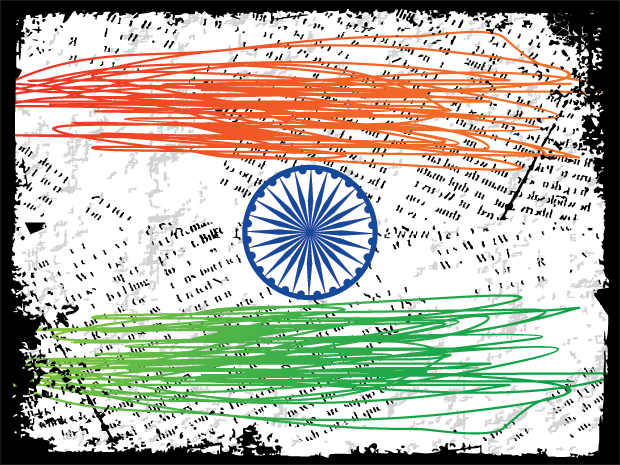

Improbable as it may seem, but 67 Kashmiri university students were briefly charged with sedition for cheering for Pakistan, and celebrating its win over India, during an Asia Cup cricket match in early March. Mahima Kaul reports
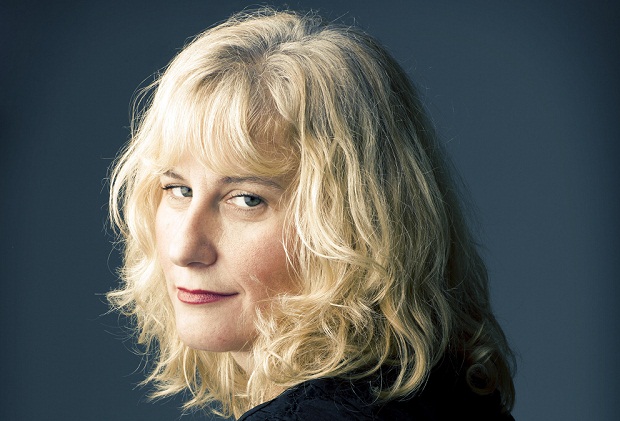
International Freedom of Expression 2014 Arts Award Nominee and renowned Turkish playwright and novelist Meltem Arikan answered questions about her nomination during a Twitter chat with Index on Censorship
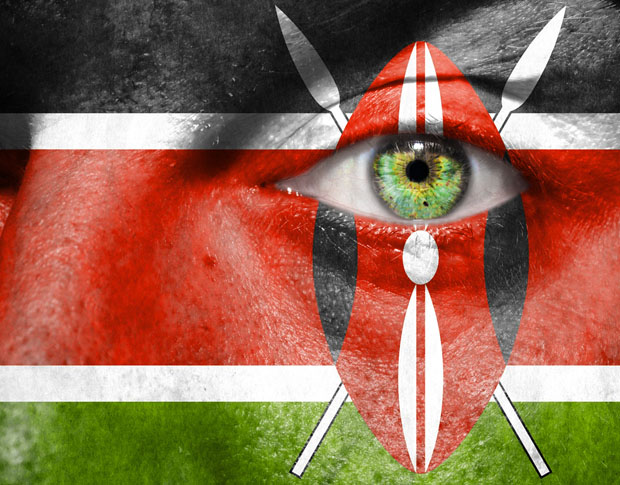
Member of Kilifi County Assembly to table bill he says is aimed at restoring decency. Duke Mangera reports
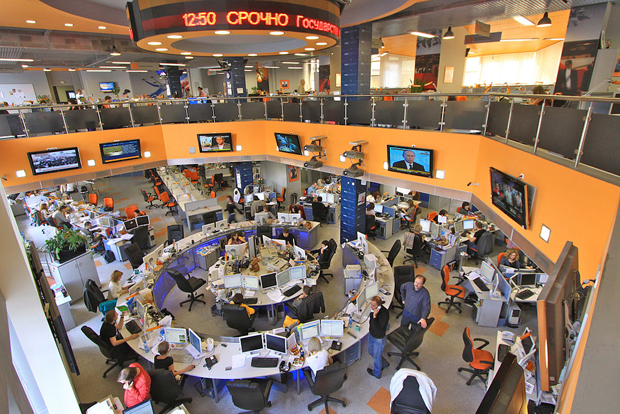
The tightening of control over the Russian media is likely to continue, writes Valeria Costa-Kostritsky
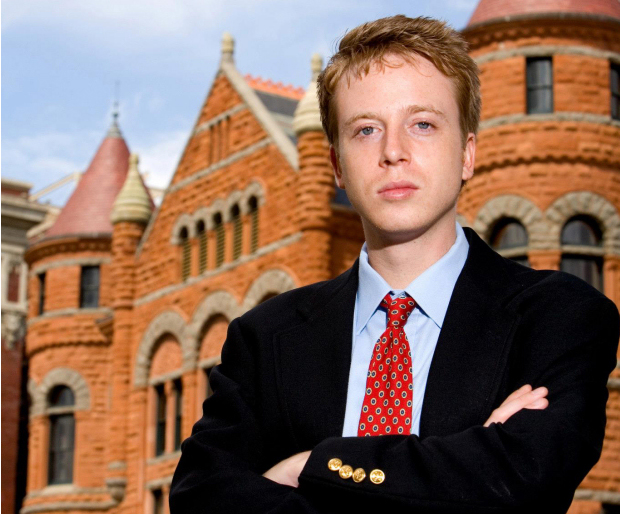
The case continues to highlight the question, are journalists complicit in a crime when sharing illegally obtained information in the course of their professional duties? Christian Stork reports

The programme for policing this summer’s tournament could have serious consequences for civil liberties, Simone Marques reports
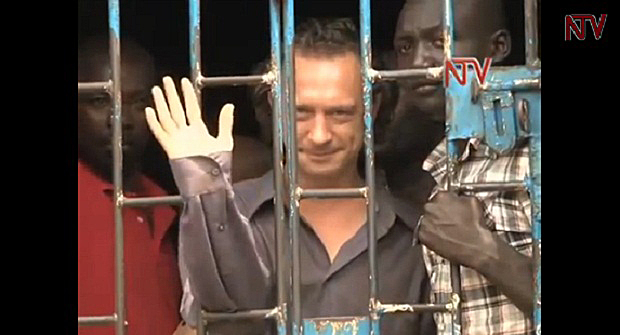
David Cecil was jailed in Uganda after he produced a play perceived to be ‘pro gay’ by the country’s authorities. His trial brought global media attention to the homophobic laws of the African nation

Guilty verdict a step forward in fight against impunity. Zofeen Ebrahim reports

Women wearing short skirts have faced attacks due to muddled legislation, writes Edward Ronald Sekyewa
Yemeni journalist Abdulelah Haider Shaye has produced critical investigative reports on the US military’s activities in Yemen, including drone attacks.